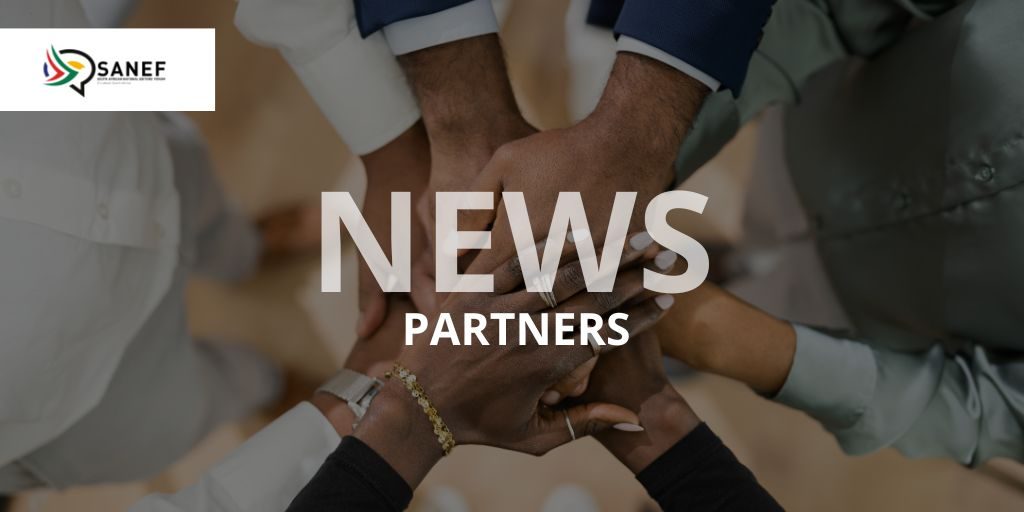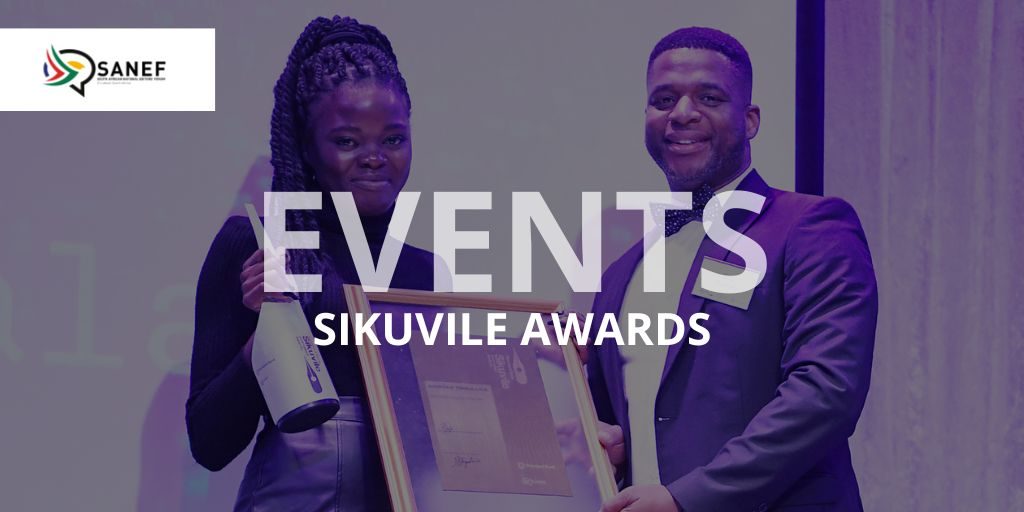Legal Training for Journalists on Pre-publication Due Diligence, Defamation and Journalistic Sources
Call for Applications
Legal Training for Journalists on pre-publication due diligence, defamation and journalistic sources
Dates: Thursday, 18th April in Johannesburg South Africa
Location: Johannesburg, South Africa
Application deadline: Friday,5th April 2024-midday (extended, please ignore if you have already submitted application)
Legal attacks on journalists are one of many wide-ranging threats to media freedom, which have proliferated in recent years and are now often used to silence public interest or critical reporting. In the Thomson Reuters Foundation’s Weaponizing the Law: Attacks on Media Freedom (2023) report, 47.6% of the journalists surveyed reported that they or their media organisations have experienced legal threats as a result of their journalism. According to the report, the leading legal threat to journalists is the abuse of defamation laws.
Responding to this challenge, the Thomson Reuters Foundation has developed an expanded legal support programme for journalists and media organisations, to strengthen their ability to prevent, and defend themselves, against legal attacks. Our comprehensive approach now includes operational legal support to help strengthen organisational health and resilience, legal research assistance to media freedom and development organisations, programmes that address specific legal threats, and the development of practical legal resources. Independent media and journalists may also be eligible for referral to our Legal Network for Journalists at Risk, to receive specialised legal counsel on defence and strategic litigation.
To equip journalists with a practical understanding of the laws on defamation and journalistic sources, their legal rights and obligations, TrustLaw has produced Know Your Rights Guides for journalists in South Africa:
- Understanding Defamation Laws in South Africa
- Understanding laws on journalistic sources in South Africa
In addition, TrustLaw is producing a pre-publication due diligence resource to upskill journalists on how to review their own publications to mitigate potential legal liability. All the resources are intended to empower journalists to continue to report on issues of vital public interest.
The Thomson Reuters Foundation is offering a one-day practical workshop for at least 15 journalists in South Africa to build their capacity on the topics of defamation laws, laws on journalistic sources and how to conduct pre-publication legal due diligence. The training is designed to empower journalists to strengthen their awareness of laws affecting journalistic content and equipping them with knowledge, resources and tools that build resilience against legal attacks as a result of their journalism. This is part of a pilot project, the results of which will be used to inform the development of future legal training for journalists and media outlets.
Provisional Programme
- This will be a full 1-day training from 0900hrs to 1700hrs with tea/coffee and lunch breaks.
- The training will be split into three sessions.
- Participants must commit to 6 hours for an in-person training session, 1-2 hours of offline reading or assignments done in their own time before the session, and up to hour of pre- training and post-training questionnaires/feedback.
- The training will be facilitated in English.
Who can apply?
- Full-time journalist or regular contributor to media organisations in broadcast, print or online.
- Journalist working on public interest topics such as governance, environment/climate, human rights, equality.
- Professional proficiency in written and spoken English is required.
- Minimum of two years of professional experience in journalism.
Logistics and considerations:
The Thomson Reuters Foundation will cover the cost of meals, local transport and accommodation (where necessary). Applications from people based outside of Johannesburg may be exceptionally considered and offered limited travel cost cover.
Expression of interest overview:
To apply, please email [email protected] expressing your interest to participate in the training by Friday 5th April 2024.
Applicants should attach the following documents as part of the application process:
- Two relevant work samples (maximum file size 5 MB). TV/Radio journalists may submit transcripts of broadcasts, a brief summary, and/or links to online versions. Participants are encouraged to provide details of circulation and reach of their publications if possible.
- A biography of up to 200 words outlining your career.
- A statement of up to 200 words describing how you expect to benefit from this course, how you plan to use the learnings in your professional work, and any factors affecting your work as a journalist which may be considered relevant to your application.





